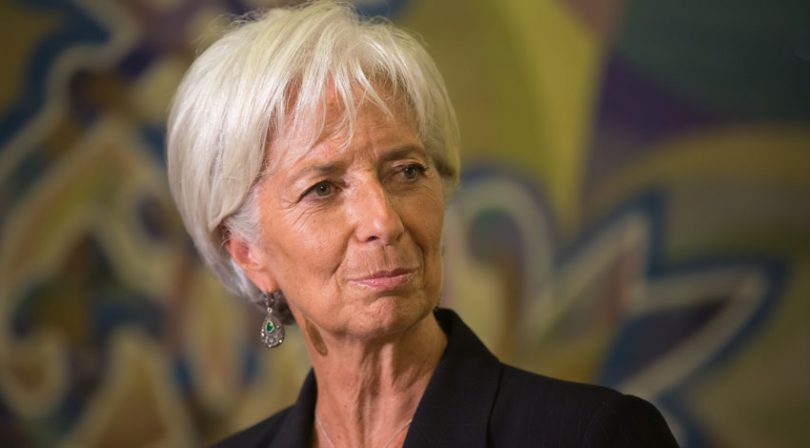Today Christine Lagarde, IMF Managing Director, gave a talk at the Singapore Fintech Festival. The MD spoke about the retreat of cash and asked if central banks should fill the void with central bank digital currencies (CBDC). The IMF also released a report looking at the pros and cons of CBDC.
Lagarde talked about the various central banks around the world that are seriously exploring CBDC including Canada, China, Sweden, and Uruguay. She didn’t mention Singapore perhaps because that was taken for granted at the conference. The Monetary Authority of Singapore is one of highest profile CBDC explorers, though its current focus is for financial institution use only. In contrast, Lagarde’s talk focused on a consumer CBDC.
“They are embracing change and new thinking — as indeed is the IMF,” said Lagarde.
She outlined several public policy goals which include financial inclusion, security and consumer protection, and privacy in payments.
Financial inclusion
For financial inclusion the concern is that if everyone uses a phone for payments, those on the edges of society who can’t or don’t want to use a phone are excluded. This particularly applies to poorer rural populations.
Domination
For consumer protection, there’s a concern that a small number of private players become dominant in digital money especially because payments naturally lean towards monopoly. This centralization also makes those systems vulnerable to cyber attack.
In contrast, a CBDC could provide a backup means of payment and offer low-cost competition.
Privacy
When it came to privacy, Lagarde commented that a fully private CBDC would be a boon to criminals. Yet privacy is an issue.
“Imagine that people purchasing beer and frozen pizza have higher mortgage defaults than citizens purchasing organic broccoli and spring water. What can you do if you have a craving for beer and pizza but do not want your credit score to drop?” asked Lagarde. “Today, you pull out cash. And tomorrow? Would a privately-owned payment system push you to the broccoli aisle?”
Hence Lagarde suggested a partial solution which privacy advocates would likely resist. Every participant would be subject to full identity checks. But the identities would not be revealed in transactions unless required by law enforcement.
“This setup would be good for users, bad for criminals, and better for the state, relative to cash. Of course, challenges remain. My goal, at this point, is to encourage exploration,” Lagarde elaborated.
Privacy advocates will argue this leads to a choice between trusting a state, or a huge company, or a cryptocurrency. From a privacy perspective, a secure cryptocurrency might win, but it suffers from a lack of stable value.
Financial stability
One of the central arguments against a consumer CBDC is that if they exist and are backed by the state then why would anyone use a bank account? The IMF counter-argument is that banks can offer preferential interest rates and added value services.
Lagarde also suggested that it could discourage bank runs because people have peace of mind that they have instant access. That’s a big topic, beyond the scope of this article.
Innovation
Another concern is that if a central bank has such a major role, then it crowds out the scope for private innovation. To avoid that happening, if there is a CBDC, Lagarde argued it should stick to transactions. Other services such as wallets, interfacing with customers, and storing wealth are dealt with by the private sector.
Lagarde sees the technology changes coming and believes they should be embraced. “My message is that while the case for digital currency is not universal, we should investigate it further, seriously, carefully, and creatively.”







